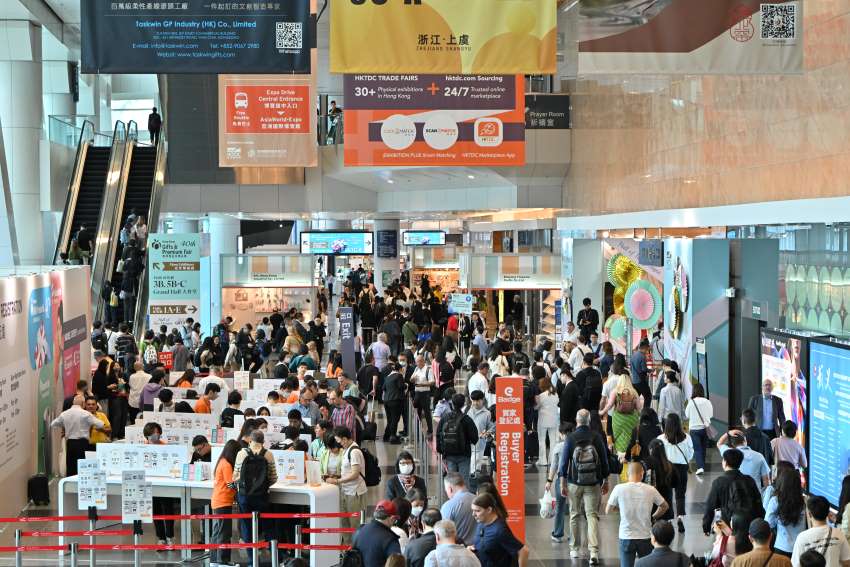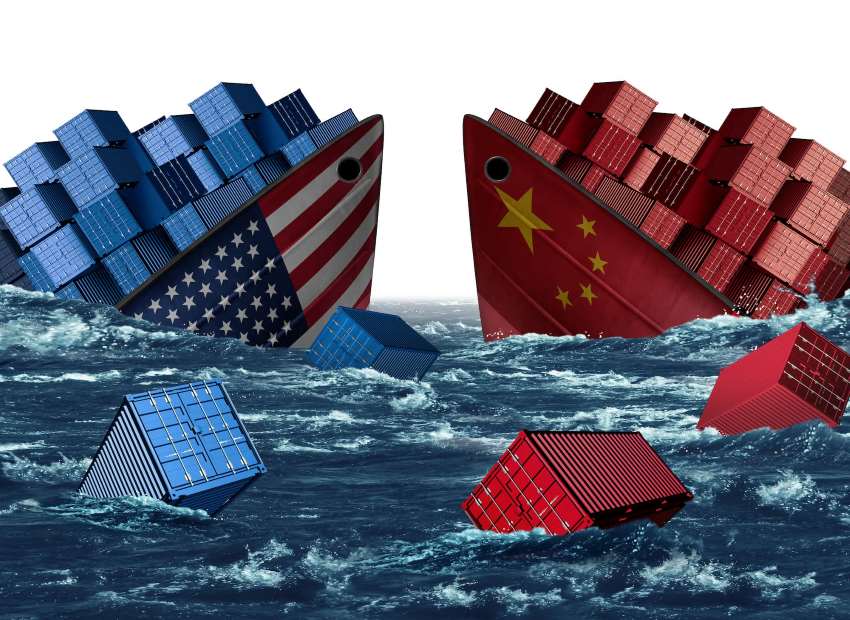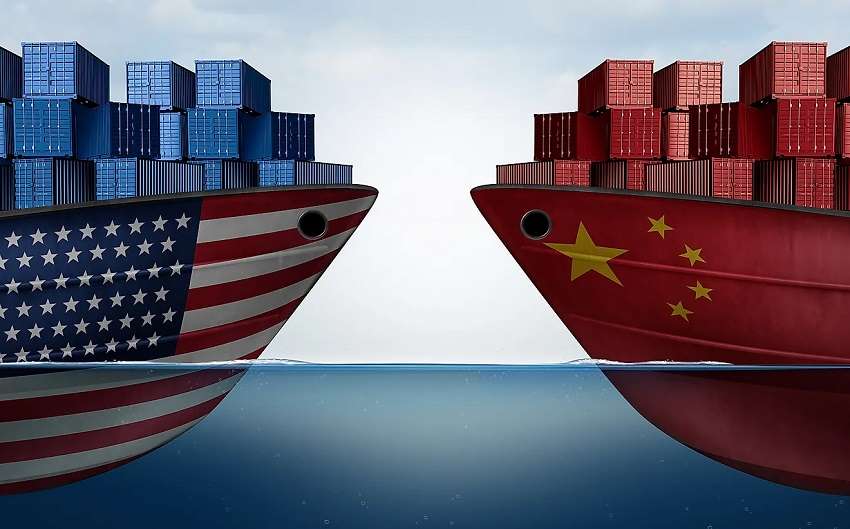In a strategic move to advance its development agenda, China's State Council has announced modifications to import and export tariffs effective January 1, 2024. The Customs Tariff Commission's declaration on December 20, 2023, underscores the nation's commitment to high-quality development, innovation, and advanced manufacturing.
The adjustments maintain tariff quota management for eight commodity categories, including wheat, with unchanged tax rates. Notably, sliding tariffs on designated amounts of cotton and favorable terms for chemical fertilizers, such as urea and compound fertilizer, are set to persist. The alterations also align with existing trade agreements, offering reduced taxes on imports from nations like New Zealand, South Korea, and Australia.
The impact of these changes extends beyond national borders, particularly in the chemical commodities market. Importantly, tariff shifts may present challenges for overseas traders in crucial substances like ethylene and propylene. Increased costs for specific chemicals, balanced by tariff waivers for medical goods, could reshape market dynamics. The provisional import tax rate introduces an element of uncertainty, potentially prompting price fluctuations.
While textile and chemical industries may face rising costs due to sliding cotton tariffs, reduced taxes on chemical imports from agreement nations may enhance competitiveness. Ultimately, these tariff adjustments signify a transformative phase for China's economic landscape, influencing both domestic and international trade dynamics.












